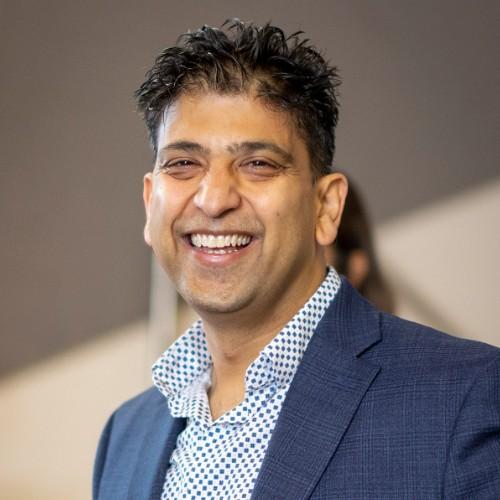Robert T. Kiyosaki, the author of "Rich Dad Poor Dad: What The Rich Teach Their Kids About Money - That The Poor And Middle Class Do Not!", is a strong advocate for financial education and has written extensively on the importance of understanding money and financial concepts. In his book and in his other writings, Kiyosaki argues that financial literacy is essential for building wealth and achieving financial success.
According to Kiyosaki, one of the key differences between the rich and the poor is that the rich understand the importance of financial education and actively seek out opportunities to learn more about money and financial concepts. In contrast, the poor and middle class tend to rely on traditional sources of education, such as schools and universities, which often do not provide a comprehensive understanding of money and financial concepts.
Kiyosaki also argues that financial education is important because it empowers individuals to take control of their own financial futures and make informed financial decisions. By understanding money and financial concepts, individuals are better equipped to build wealth, invest wisely, and plan for the future.
Overall, Kiyosaki believes that financial education is essential for achieving financial success and building wealth, and he encourages individuals to seek out opportunities to learn more about money and financial concepts in order to improve their financial literacy.
Here are 20 lessons you might take away from reading "Rich Dad Poor Dad: What The Rich Teach Their Kids About Money - That The Poor And Middle Class Do Not!" by Robert T. Kiyosaki:
- It is important to educate yourself about money and financial concepts, as this knowledge can help you build wealth.
- The rich focus on building assets that generate income, rather than simply working for a salary.
- The rich understand the importance of financial literacy and teach it to their children.
- The poor and middle class tend to focus on saving and budgeting, while the rich focus on increasing their income and building wealth through investing.
- The rich understand the power of leverage and use it to their advantage in building wealth.
- The rich are willing to take risks and think outside the box in order to build wealth.
- The rich understand the importance of diversifying their investments and building a diverse portfolio.
- The rich understand that their mindset and attitude towards money can have a major impact on their financial success.
- The rich tend to surround themselves with like-minded, successful people and seek out mentors and role models who can help them grow and succeed.
- The rich understand that building wealth requires a long-term perspective and are willing to make sacrifices in the present in order to achieve financial security in the future.
- The rich focus on creating multiple streams of income, rather than relying on a single source of income.
- The rich understand that financial success is often a result of hard work, discipline, and consistent effort over time.
- The rich understand the importance of taking responsibility for their own financial success, rather than relying on the government or others to provide for them.
- The rich understand the importance of financial planning and setting clear financial goals.
- The rich understand that financial success often requires making difficult decisions and taking calculated risks.
- The rich understand that financial success is often a result of continuous learning and personal growth.
- The rich understand the importance of taking control of their own financial education and seeking out resources and opportunities to learn more about money and financial concepts.
- The rich understand the importance of being proactive in their financial decision-making, rather than simply reacting to events or circumstances.
- The rich understand that building wealth requires discipline and consistency in their financial habits and behaviors.
- The rich understand that financial success is often a result of being open to new ideas and approaches, and being willing to adapt and learn from their experiences.

